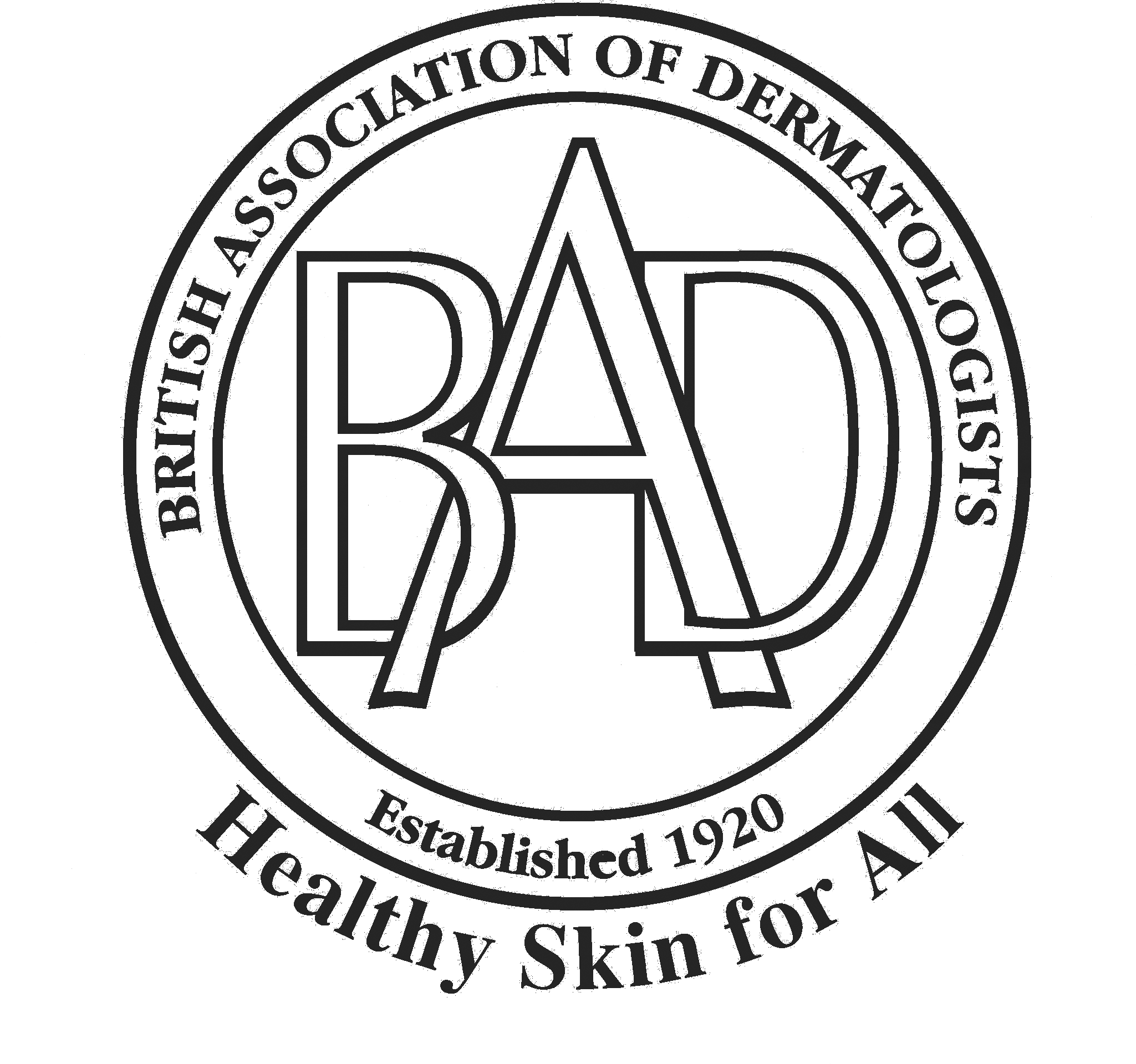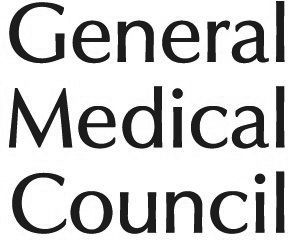Dr Daniel Glass, Consultant Dermatologist
Dr Daniel Glass
Consultant Dermatologist
Dr Daniel Glass MBChB PhD FRCP
Consultant Dermatologist
Dr Daniel Glass
Consultant Dermatologist MBChB PhD FRCP
Areas of expertise
- Skin cancer screening
- Skin lesion removal (warts, moles and skin tags)
- Acne
- Eczema (atopic dermatitis)
- Psoriasis rashes

Recommendations for Dr Glass
These recommendations are for information purposes only. Doctors providing recommendations do so in good faith and are not responsible for clinical outcomes.






Recommended by:
Make an appointment
Address
-
BMI The Clementine Churchill Hospital
Sudbury Hill, Harrow, Middlesex, HA1 3RX
-
Skin55 Ltd
55 Harley Street, London, W1G 8QR
-
999 Medical Centre
999 Finchley Road, London, NW11 7HB
-
Trust Plus, Northwick Park Hospital
Watford Road, Harrow, Middlesex, HA1 3UJ
-
The Wellington Diagnostics & Outpatients Centre
Roman House, 296 Golders Green Road, London, NW11 9PY
-
The Platinum Medical Centre
15-17 Lodge Road, St Johns Wood, London, NW8 7JA
-
Telephone or video consultation
Virtual
London North West University Healthcare NHS Trust
Northwick Park Hospital, Watford Rd, Harrow, Middlesex, HA1 3UJ
Mount Vernon Cancer Centre (Honorary Consultant)
Rickmansworth Rd, Northwood, Middlesex, HA6 2RN
About Dr Daniel Glass
Dr Daniel Glass is a Consultant Dermatologist, an expert in skin disease and skin surgery, with the London North West University Healthcare NHS Trust where he has previously been the clinical lead for Dermatology and skin cancer. He is also an Honorary Consultant to Mount Vernon Hospital. He has a private practice on Harley Street and in a number of clinics across North West London. Over the past decade, he has diagnosed and successfully treated thousands of patients with eczema, acne, psoriasis, suspicious moles, skin cancer, and many other skin conditions. Whether it is the treatment for warts, rosacea, a rash, dermatitis or any other skin condition, he provides comprehensive skin care services in a calm, caring and high quality clinical practice.
Following training at the University of Birmingham Medical School, Dr Glass has been on the GMC Medical Register since 1999. His postgraduate training was undertaken in a number of London hospitals including The Hammersmith, The Royal Free and University College London Hospitals. He has been involved in Dermatology research since 1993. His research has been based at King’s College London since 2007. Research interests focus on the genetic basis of melanoma and skin ageing both of which complement his clinical practice. He is an Honorary Senior Lecturer at Imperial College London.
Dr Glass has a particular interest in Skin Cancer, and is Dermatology representative for North West London Cancer alliance. His skin ageing research has led to invitations to speak at international meetings. He teaches regularly at both undergraduate and postgraduate levels. He is author on a number of publications in high impact journals and has contributed to several book chapters.
Areas of expertise
- Acne
- Age spots
- Aged and sundamaged skin
- Alopecia areata (hair loss)
- Anti fungal therapy
- Atopic eczema
- Blistering disorders
- Bullous pemphigoid
- Contact dermatitis
- Cryotherapy
- Curettage
- Cutaneous lupus erythematosus (CLE)
- Cyst removal
- Cysts
- Dandruff
- Dermatitis
- Dermatology
- Dermoscopy
- Eczema (atopic dermatitis)
- Excessive sweating
- Fungal infection
- Hair loss treatments
- Henoch-schönlein purpura
- Hives
- Hyperhidrosis (excessive sweating)
- Impetignised eczema
- Impetigo
- Keloid scar
- Lichen planus
- Light therapy
- Melanoma
- Minor skin surgery
- Mole checks
- Mole mapping
- Mole removal
- Mucous membrane pemphigoid
- Nail conditions
- Napkin dermatitis (nappy rash)
- Nose cauterization
- Photodynamic therapy (PDT)
- Psoriasis rashes
- Rashes
- Ringworm
- Rosacea
- Scabies
- Scarring
- Shingles
- Skin ageing
- Skin biopsy
- Skin cancer screening
- Skin cancer surgery
- Skin lesion removal (warts, moles and skin tags)
- Skin surgery
- Systemic lupus erythematosus (SLE)
- Urticaria (hives)
- Verrucas/warts
- Vitiligo
- Warts (viral)
Frequently asked questions
What are the common symptoms that your patients tend to present with?
Patients present with a wide range of dermatological issues, commonly with conditions such as acne, eczema and patients who are concerned about their moles and whether they're worried about the risk of skin cancer.
I often see patients who present with a brief history of acne or those that have come along with rather late onset acne. The acne can affect them to such an extent that they find it difficult to function on a social level and get them to leave the house.
We offer a wide range of treatments of acne, many of which are very effective, which tend to improve the condition. The acne is a long-term condition and it often takes a number of months for it to improve.
In terms of mole checks, patients find it very reassuring to have a skin expert to check all their moles. If we find anything of concern, we can take them to theatre and remove the lesion that's worrying.
What are the treatments that you're able to offer your patients?
There are hundreds of different dermatological diagnoses and hundreds of different treatments. The treatments vary depending on the problem the patient is presenting with.
Every patient is given a very tailored treatment plan which is specifically aimed to help their condition. This might include simply changing emollients, topical treatments such as steroids or other topical immunosuppressants, treatments to remove areas of sun damage and then treatments of cryotherapy or surgical intervention. We also use other modalities such as light treatments and photodynamic therapy for certain skin lesions. The list is endless.
In addition to that, we use a lot of systemic treatments, such as tablets that help with inflammatory conditions of the skin.
What are your areas of sub-specialist interest?
My interest in dermatology was sparked by undertaking research into acne. That's how I started in dermatology in 1993. I've developed an interest in skin cancer. Both of those are my areas of particular interest. These are complemented by my research which is based on the genetics of both disorders and the genetics of the moles. Having lots of moles is a risk for developing skin cancer.
Professional memberships



















